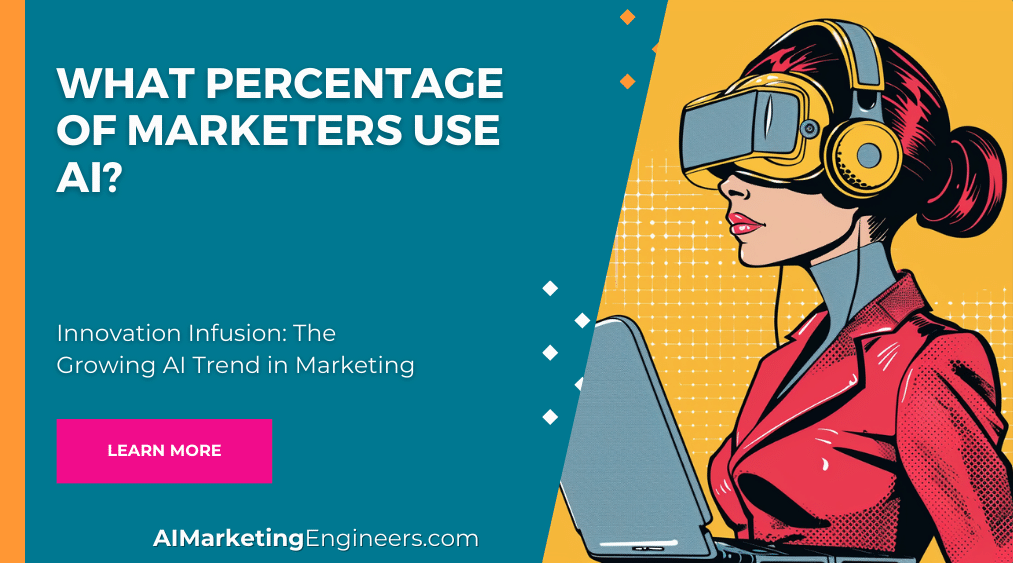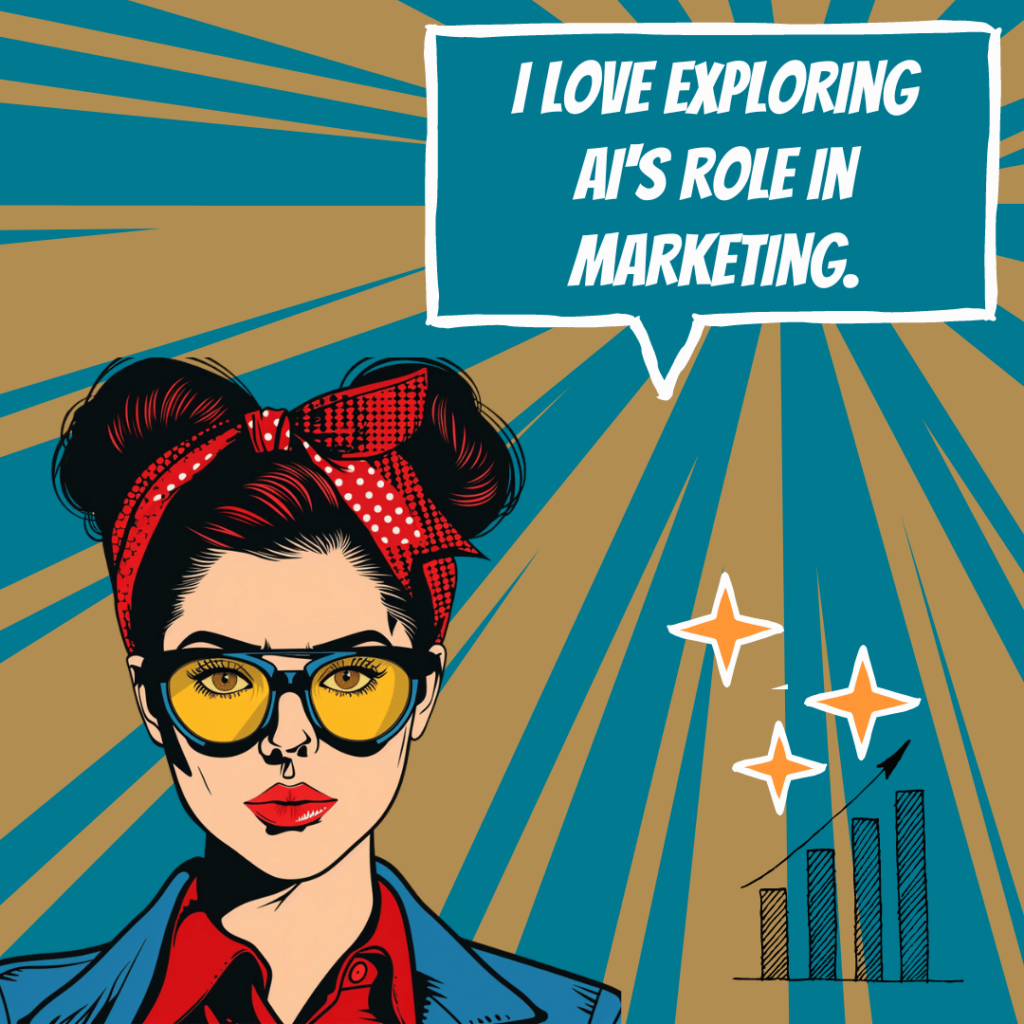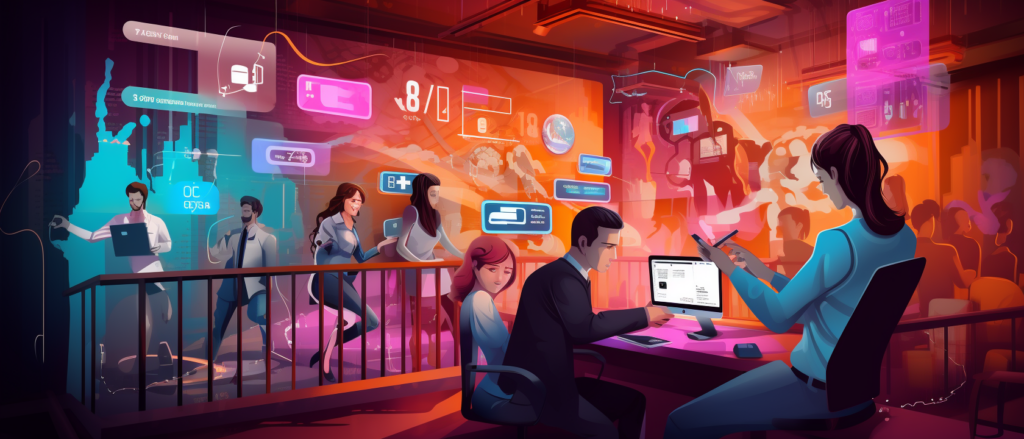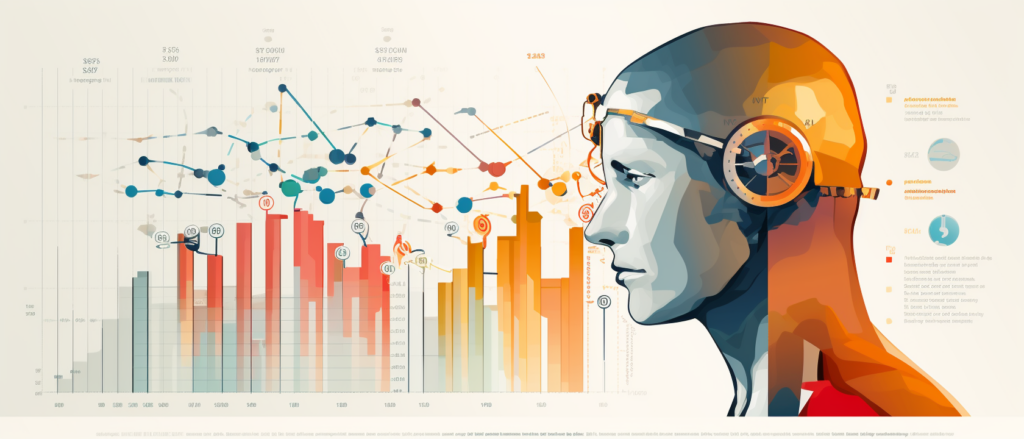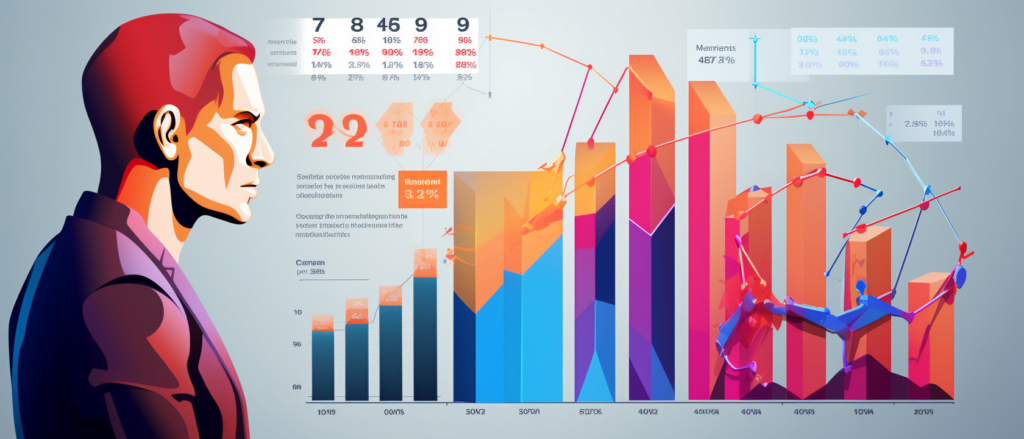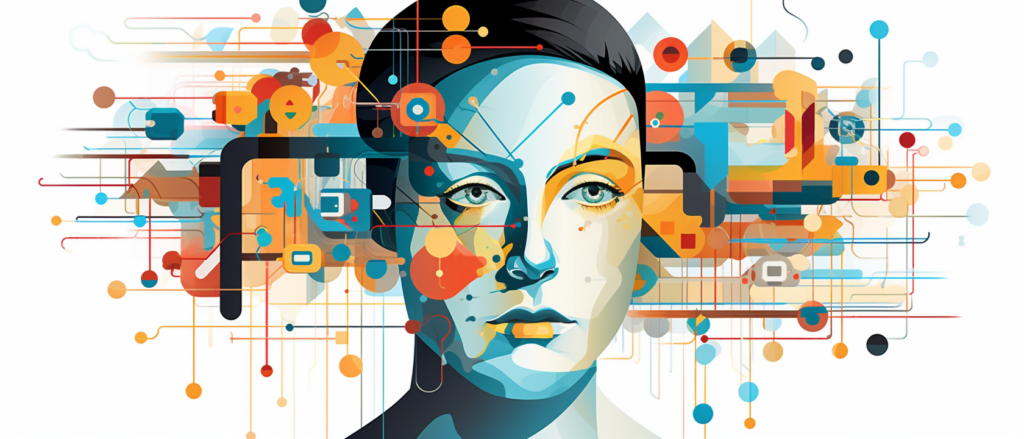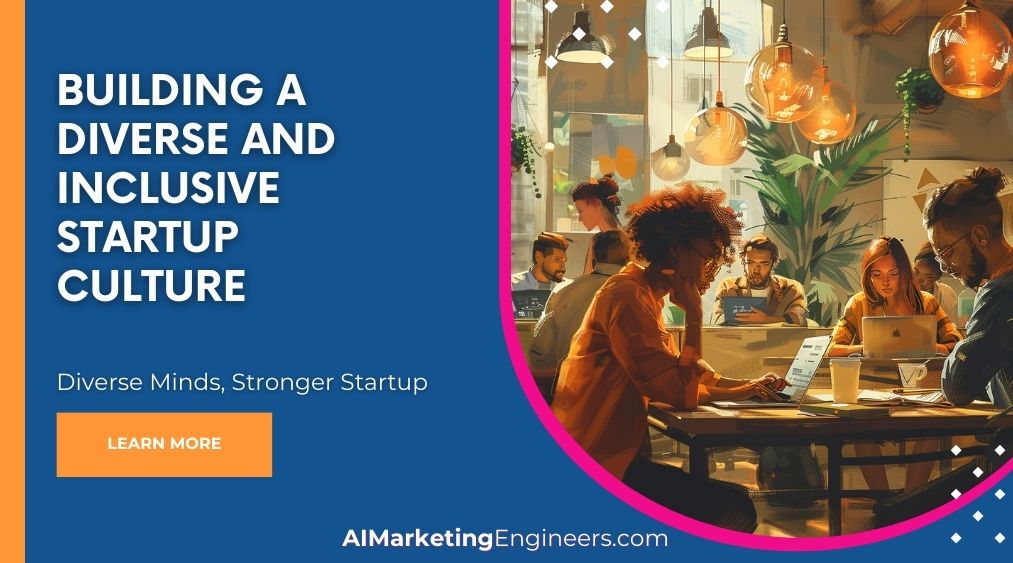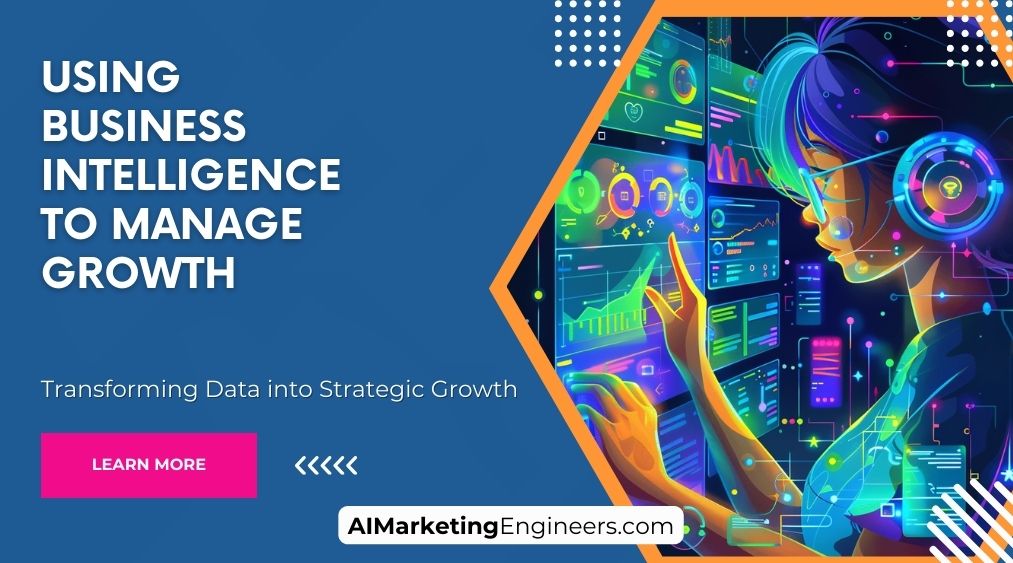Key Takeaways
✅ High Adoption Rate: 70% of marketing leaders are already using AI in their organizations, highlighting a broad acceptance of AI technologies in the marketing field.
✅ Operational and Strategic Advantages: AI provides significant benefits by offering personalized customer experiences, streamlining operations via automation, and enhancing data analysis for better decision-making.
✅ Trend Toward Increased Use: With a third of marketers planning to amplify their AI investments, it's evident that reliance on AI is not just a passing trend but a cornerstone for the future of marketing innovation.
Introduction
In an era where technology constantly evolves and reshapes the landscape of industries, artificial intelligence (AI) has emerged as a game-changer, particularly in the realm of marketing. As businesses strive to stay ahead in a fiercely competitive market, the question arises: What percentage of marketers are harnessing the power of AI to revolutionize their strategies? The answer to this question is not just a mere statistic; it is a reflection of a transformative shift in the way marketing is approached, executed, and measured.
The integration of AI in marketing is no longer a futuristic concept but a present reality. From personalized customer experiences to predictive analytics and automated content creation, AI is redefining the boundaries of what is possible in marketing. But how many marketers are actually leveraging this cutting-edge technology? The percentage of marketers using AI is a critical indicator of the industry's adoption rate and its readiness to embrace the digital revolution. As we delve into this topic, we uncover insights that not only highlight the current state of AI in marketing but also shed light on the future trajectory of this dynamic field.
Usage of AI in Marketing
Artificial Intelligence in marketing has become increasingly prevalent. A report by Narrative indicates that 36% of marketers have integrated AI into their marketing strategies. This number reflects the growing trend of companies looking to enhance their marketing efforts with the efficiency and data-processing power of AI. Nevertheless, it is noteworthy that a significant proportion, specifically 37%, have expressed no intention to use AI in their foreseeable future plans.
Benefits of AI in Marketing
AI technology offers a plethora of benefits to the marketing industry, enabling strategies to be more effective and operations more efficient, despite 37% of marketers being hesitant or lacking plans to adopt this technology.
Personalization
AI's capability to analyze and predict customer behavior with precision allows for highly personalized marketing tactics. The technology enables the creation of content and offers tailored to individual preferences, which increases the likelihood of customer engagement and conversion. Despite the potential of AI in crafting these personalized experiences, a portion of marketers, about 37%, remain unconvinced or unprepared to use AI for this purpose.
Improved Efficiency
AI's capacity to relieve marketers of repetitive tasks cannot be understated:
- Data entry: AI can quickly and accurately manage large volumes of data, minimizing human error.
- Social media posting: Scheduling and targeting posts can now be optimized using AI algorithms.
- Email marketing: Tailored emails can be sent out automatically based on user behavior.
- Lead generation: AI can identify potential leads by analyzing data patterns, enhancing the sales funnel efficiency.
However, given that 37% of marketers have not planned to use AI in these capacities, it suggests that the adoption rate and appreciation for these efficiencies vary across the industry.
Better Insights
The analytics power of AI goes beyond superficial understanding, as it can unearth complex patterns within big data. This deep dive into customer behavior and campaign performance enables decision-makers to refine their strategies for maximum impact. Nevertheless, a significant proportion of marketers are still not leveraging AI for this purpose, as indicated by the 37% without AI integration plans.
How Marketers are Using AI
While AI is not universally adopted, with 37% of marketers not planning to use it, those who do embrace AI leverage it in several innovative ways.
Personalized Content and Experiences
AI enriches customer interactions with brand-specific tailored content:
- Product recommendations are refined based on individual browsing histories and past purchases.
- Personalized offers and discounts are deployed at the optimal moment in the customer's journey.
- Website and app user interfaces adapt in real-time to meet the user's needs and preferences.
Chatbots and Virtual Assistants
Customer service is redefined with the help of AI:
- Chatbots are programmed to answer FAQs, enabling 24/7 customer support.
- Virtual assistants provide personalized tips and advice.
- Automated systems can handle booking appointments or processing orders without human intervention.
Marketing Automation
AI automates critical but time-consuming tasks:
- AI manages social media postings and engagements, learning and adapting to optimize reach and interaction.
- Email marketing campaigns become more targeted and individualized, increasing open rates and click-through rates.
- Lead generation becomes more sophisticated, with AI identifying the warmest leads and the most lucrative sales opportunities.
While these AI applications are transforming the marketing landscape, it's also important to recognize that not all marketers are ready or willing to embrace these changes, as the 37% statistic suggests. This highlights a divide in the adoption of AI technology within the field, which could have implications for competitive advantage in the future.
AI Marketing Engineers Recommendation
The usage of Artificial Intelligence (AI) in marketing has surged in recent years due to its ability to provide deeper insights, automate tasks, and personalize customer experiences. While it is challenging to pinpoint the exact percentage of marketers using AI without real-time global statistics, various studies suggest a significant upward trend.
For example, Salesforce’s State of Marketing Report from a recent year indicated that about 84% of marketers were using AI, which was up from 29% in previous editions. Meanwhile, the Gartner CMO Spend Survey highlighted that 17% of marketers reported AI and machine learning as one of the top three technologies that have the most impact on their marketing activities.
These numbers vary by source, industry, and region and are likely to be even higher today as technology continues to evolve and become more accessible. AI-driven tools are now leveraged for predictive analytics, customer segmentation, personalization, programmatic advertising, chatbots, and many other applications.
Considering the data and the clear momentum behind AI in the marketing domain, a prudent recommendation for organizations would be to actively explore and integrate AI solutions where appropriate. This could range from simple analytic tools that predict customer behavior to more sophisticated systems that automate content distribution across various channels.
It is also recommended that marketers focus on staying informed about advancements in AI technologies and upskilling if necessary to use these tools effectively. By doing so, they can ensure that their marketing strategies remain current and competitive in an increasingly data-driven and automated world.
Conclusion
In summary, AI's role in the marketing landscape is formidable and expanding rapidly. Up to 70% of marketing leaders already incorporate AI in their strategies, demonstrating its significance in contemporary marketing practices. The escalating adoption of AI points to a transformative influence, enabling heightened personalization, enhanced operational efficiency, and more profound analytical insights.
With AI's capacity to automate mundane tasks and generate predictive analytics, marketing teams are increasingly empowered to deliver more meaningful and successful campaigns. The consistent surge in AI integration indicates a vibrant future, where AI's full potential in marketing continues to unfold, fostering even more innovative and intelligent approaches to engage consumers.
FAQs
Question 1: What is the percentage of marketers who use AI?
Answer: According to a report by TOPO, by 2021, 80% of leading B2B companies were expected to use AI for at least one aspect of their marketing strategy. However, the actual percentage of marketers who currently use AI may vary depending on the source and the specific definition of AI being used.
Question 2: How is AI being used in marketing?
Answer: AI is being used in marketing in various ways, such as personalization, chatbots, predictive analytics, and content optimization. Examples of AI-powered marketing tools include recommendation engines, dynamic pricing algorithms, and email marketing automation.
Question 3: What are the benefits of using AI in marketing?
Answer: AI can help marketers improve the accuracy and effectiveness of their campaigns by identifying patterns and trends in customer behavior, personalizing content and offers, and optimizing marketing channels. AI can also help marketers save time and reduce costs by automating repetitive tasks and streamlining workflows.
Question 4: Are there any challenges associated with using AI in marketing?
Answer: One of the main challenges of using AI in marketing is the need for high-quality data to train and maintain the AI models. Marketers also need to ensure that their customers understand and are comfortable with the use of AI in their marketing campaigns. Additionally, there may be concerns around privacy and security, as AI models may require access to sensitive data.
